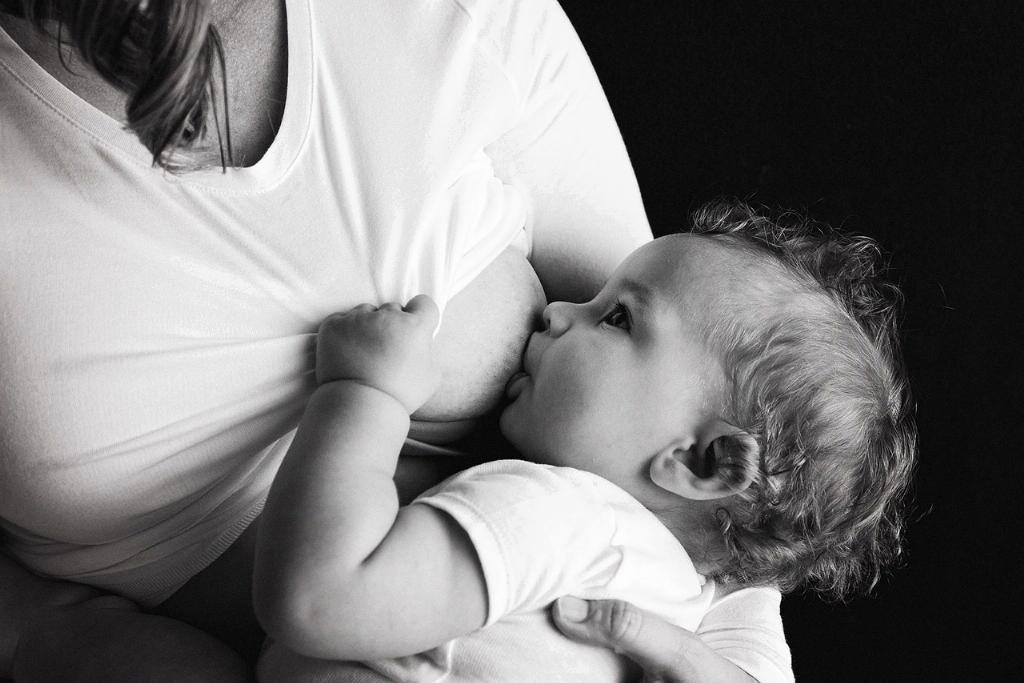When your baby constantly breastfeeds for comfort, it can be a natural and common behavior that many parents experience. Babies have an innate need for closeness and comfort, and breastfeeding provides them with not only food but also warmth, security, and emotional connection.
Comfort and Security
For babies, breastfed or otherwise, sucking is a natural reflex that provides comfort and helps them to self-soothe. When a baby breastfeeds for comfort, they are seeking the physical and emotional security that comes from being close to their mother and feeling the familiar warmth of her body.
Regulation of Emotions
Breastfeeding also plays a crucial role in helping babies regulate their emotions. The act of breastfeeding releases hormones that promote relaxation and calmness in both the baby and the mother. It’s a way for babies to express their emotional needs and seek reassurance from their primary caregiver.
Bonding and Attachment
Constant breastfeeding for comfort strengthens the bond between the baby and the mother. The physical closeness and skin-to-skin contact during breastfeeding promote the release of oxytocin, often referred to as the “love hormone,” which fosters feelings of attachment and connection.
Comfort Nursing vs. Hunger
It’s important for parents to distinguish between comfort nursing and actual hunger. Babies may nurse more frequently when they are going through growth spurts, feeling unwell, or simply seeking comfort. Understanding your baby’s cues can help in responding appropriately to their needs.
Responding to Your Baby’s Needs
Responding promptly to your baby’s need for comfort through breastfeeding helps them feel secure and supported. It communicates to them that their needs are being met and helps in building their trust in their caregiver.
Comfort Nursing as a Form of Communication
When a baby breastfeeds for comfort, they are communicating their need for closeness, reassurance, and comfort. It’s a way for them to express their emotions and seek comfort during times of stress, anxiety, or overstimulation.
Comfort Nursing as a Developmental Phase
Constant breastfeeding for comfort can be a phase that some babies go through as they navigate their early development. It’s a way for them to cope with the challenges of adjusting to the world outside the womb and can provide them with a sense of security and familiarity.
Supporting Your Baby’s Emotional Wellbeing
By meeting your baby’s need for comfort through breastfeeding, you are supporting their emotional wellbeing and helping them develop a secure attachment. Responding to their cues with sensitivity and warmth can lay the foundation for healthy emotional development.
Trusting Your Parenting Instincts
As a parent, it’s essential to trust your instincts and respond to your baby’s needs with love and understanding. Every baby is unique, and what works for one may not work for another. Creating a nurturing and responsive environment for your baby is key in fostering their emotional and psychological growth.
Seeking Support and Guidance
If you have concerns about your baby constantly breastfeeding for comfort or if you feel overwhelmed, don’t hesitate to reach out for support. Talking to a healthcare provider, lactation consultant, or a trusted support person can provide you with guidance and reassurance.
Embracing the Journey
Parenting is a journey filled with ups and downs, joys and challenges. Embracing the moments of closeness and connection that come through breastfeeding for comfort can deepen the bond between you and your baby and create lasting memories of love and nurturance.

